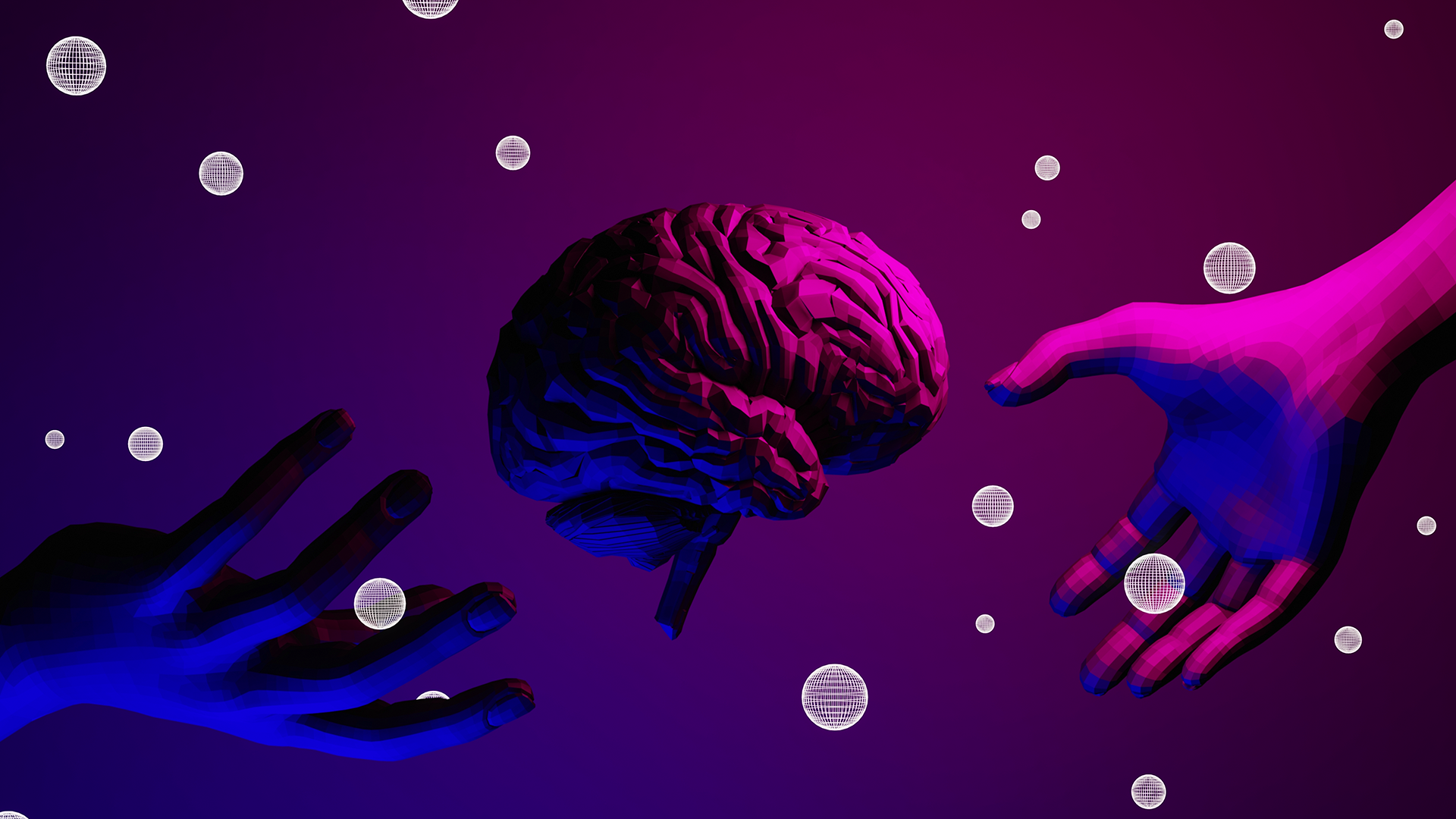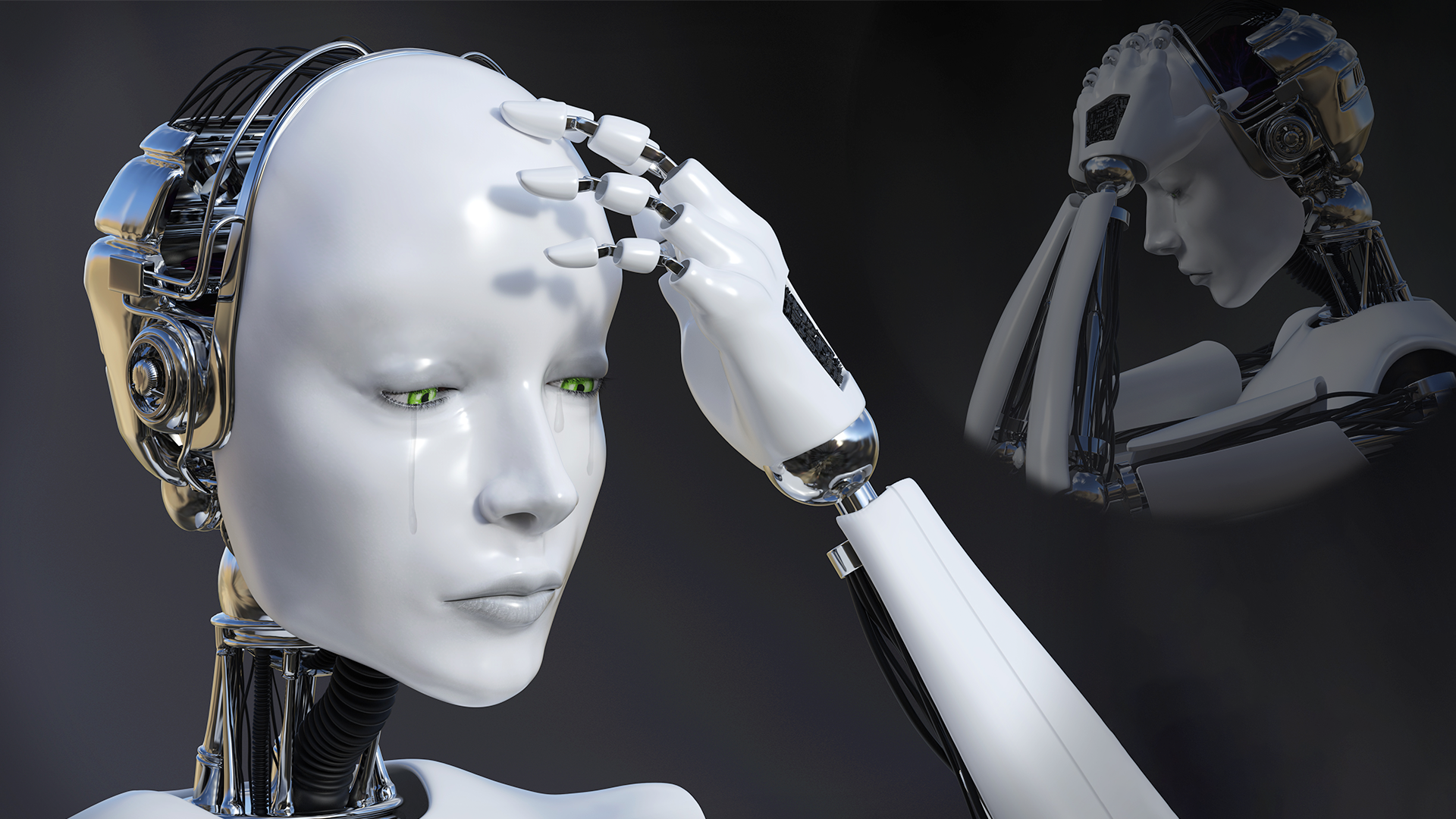
AI Isn’t Really Artificial Intelligence

Nothing’s easier to sell than a product with a good name. The technology that we call “artificial intelligence” is extremely complicated, but thanks to its name, you already have an idea of what it does! There’s just one problem; AI isn’t “intelligent” at any level, and corporations aren’t interested in correcting the public’s misconceptions.
There’s Nothing Intelligent About AI
Artificial intelligence is a longstanding staple of pop culture and real science. We’ve spent nearly a century pursuing this technology, and the idea of “living machines” goes back thousands of years. So, we have a pretty clear understanding of what someone means when they say “artificial intelligence.” It’s something comparable to human intelligence—the ability to comprehend, adapt, and have novel ideas.
But the technology that we call “artificial intelligence” lacks these qualities. It cannot “know” or “think” anything. Existing AI is just a mess of code attached to a big pile of data, which it remixes and regurgitates. You can ask ChatGPT to write you a resume, and it’ll spit out something based on the resumes in its dataset (plus whatever info you share). This is useful, it automates labor, but it’s not a sign of intelligence.
Step up and play guess the word: giraffe. pic.twitter.com/BtajTp4GiW
— Julian Fraser (@JulianFraser) December 5, 2022
Of course, ChatGPT is a chatbot, so it can feel very “human.” But most AI applications are non-conversational; they don’t talk or answer questions. And without the veneer of a conversation, the lack of “intelligence” in AI is very noticeable.
Take Tesla’s self-driving cars, for example. Elon Musk has spent nearly a decade pretending that Tesla Full Self-Driving is just a year away—it’s almost ready, and it will be 150% safer than a human driver! Yet this AI program continues to linger in beta, and every time we hear of it, Full Self-Driving is criticized as a safety hazard. The AI isn’t even smart enough to do its job.
For a more down-to-earth example, just look at robot vacuums. They collect a ridiculous amount of data on your home in the name obstacle avoidance and navigational AI. And while these AI-enabled robot vacuums are an improvement over what we had in the past, they still have a ridiculous amount of trouble with basic obstacles, like dog poop, kids’ toys, and small rugs.
Ordinary people, including a large number of people who work in technology, don’t know anything about AI or how it works. They just hear the phrase “artificial intelligence” and make an assumption. These assumptions may seem inconsequential, but in reality, they are a guiding force behind technological development, the economy, and public policy.
This Technology Is Useful, but The Marketing Is Nonsense

I don’t want to downplay the importance of AI or machine learning technology. You interact with this stuff every time you use your cellphone, search for something on Google, or scroll through social media. Machine learning drives innovation in physics, it contributes to “Warp Speed” vaccine development, and it’s currently making its debut on the battlefield.
But the term “artificial intelligence” is plastered on this technology for marketing purposes. It’s a flashy name that tells customers and investors, “our product is futuristic and has a purpose.” As explained by AI researcher Melanie Mitchell in a conversation with the Wall Street Journal, companies and engineers routinely slap the name “AI” on anything that involves machine learning, as the phrase is proven to illicit a response from investors (who may know very little about technology, let alone AI).
This is something that you can see in nearly every industry. Just do a Google search for a company name and add the term “AI.” You’ll be shocked by the number of businesses that brag about their AI pursuits in vague language, with zero proof that this technology has actually contributed to their profitability, productivity, or innovation.
And, as noted by Dr. Mitchell, this same marketing tactic was utilized in the 1970s and 80s—companies and engineers secured massive amounts of funding with the promise of “artificial intelligence.” Their research was not a waste of money, but it wasn’t profitable, so the funding dried up. (Of course, software is much more important today than it was in the 20th century. The term “artificial intelligence” is now attached to useful products and processes, so people are less likely to lose interest.)
In some ways, I think that the name “artificial intelligence” is a good idea. Companies spent a good decade calling everything an “algorithm,” which only led to confusion and frustration among the general public. The pivot to “AI” generates a lot of enthusiasm, which should lead to a more rapid development of automated software technologies.
But this enthusiasm hides the fact that “AI” is a complicated, confusing, and narrow technology. People readily assume that today’s “AI” is similar to what we’ve seen in pop culture, and very few corporations are willing to fight (or comment on) this misconception. (That said, social media weirdos are the biggest offenders. They make the most extreme and patently false claims about AI, which are amplified and consumed by people who don’t know any better.)
Human Labor Is the Driving Force Behind AI

One of the promises of AI is that it will replace workers, leading to a utopia where humans sit on their hands all day or simply die off. Chatbots will write the news, robot arms will perform heart surgery, and super-strong androids will commit all of your favorite OSHA violations while constructing suburban homes. But in reality, the technology that we call “AI” simply offsets labor.
In some ways, the offset of labor created by AI is very obvious. This technology doesn’t comprehend a single thing in existence, so in order to make it perform a task correctly, it requires constant training, testing, and troubleshooting. For every job that an AI replaces, it may create a new job.
Many of these new jobs require expertise in machine learning. But a large number of workers involved in AI development perform “menial” labor. OpenAI was caught paying Kenyan workers less than $2 an hour to help remove racism, sexism, and violent suggestions from its chatbot. And Amazon’s Mechanical Turk, which performs tasks using “AI,” often pays a few pennies for a human to complete the work instead.
Of course, today’s hot topic is AI writing and art. And both of these applications require a huge amount of human labor. As we saw with CNET‘s little AI journalism experiment, AI can’t be expected to do a good job without constant oversight from humans (and even with human editors, CNET‘s AI made dozens of stupid mistakes).
But more notably, this AI technology is rooted in plagiarism.
You can’t train an AI without providing real-world data. And instead of paying writers or artists for this data, companies like OpenAI simply pull whatever they can from the internet. Artificial intelligence remixes and regurgitates human labor, and in some situations, you can actually trace where the work was copied from. The CNET AI was caught plagiarizing the work of several real journalists, and the Stable Diffusion AI is going to court because it blatantly recreates unlicensed Getty Images stock photos.
The disregard for copyright or intellectual property in AI is disgusting. This technology is generating billions of dollars on the backs of other people’s labor. But it’s important to note that, even if the plagiarism thing gets sorted out, human workers will continue to drive AI. The promise of an AI-driven utopia with a two-day work week, or whatever, is a big fat lie.
Will We Ever Create True Artificial Intelligence?

We know that today’s AI isn’t “intelligent.” It comprehends nothing, it can only perform a limited number of tasks, and it requires human oversight. This technology is primitive when compared to the AI we see in pop culture. And, realistically speaking, it may not even be on the path to true intelligence.
Humans may find a way to create true artificial intelligence. But the idea that it will happen in our lifetime is questionable. Our technology hardly resembles any form of intelligent life—it’s more similar to the automata of the Middle Ages than it is to any real person.
So, the major advancements required for genuine AI are a complete mystery. But on the bright side, the threat of a Terminator-styled AI takeover is probably off the table.
This content was originally published here.


